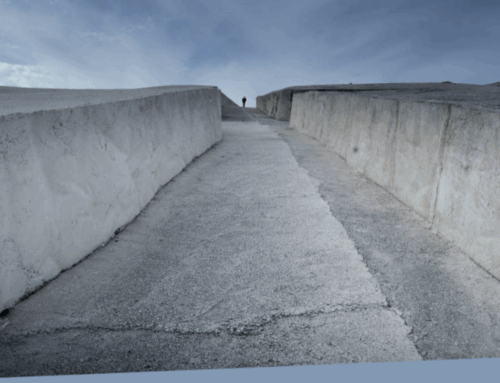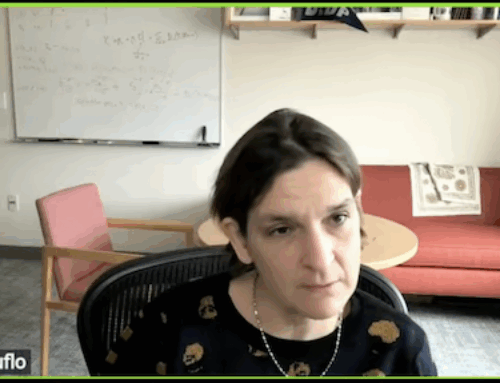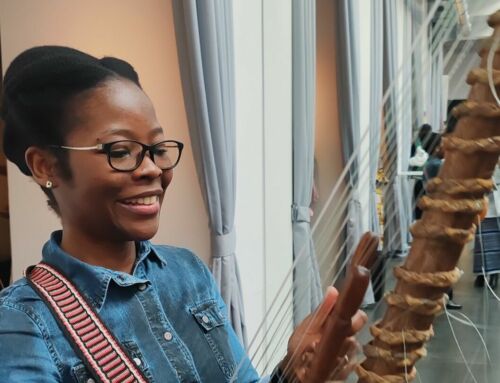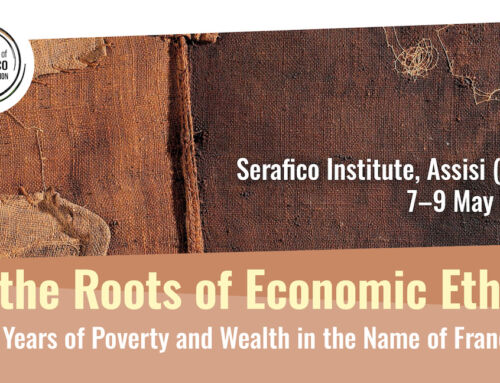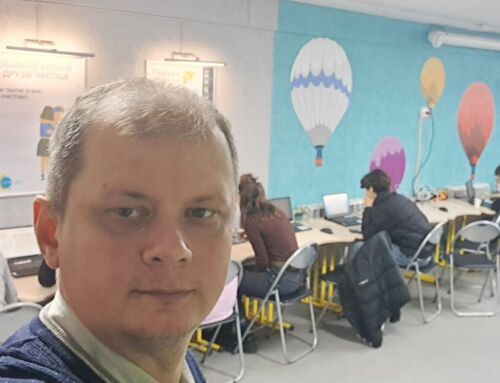
In Cuba, the micro-business revolution
Lucia Capuzzi Wednesday, Avvenire
Victoria Villareal, a young lawyer, began as a consultant and supervised the creation of an experimental hub in El Caney entitled «Collaboration is more effective than competition. »
“One question takes you farther than a thousand answers,” asserts a Cuban proverb. Victoria Villareal is convinced of this. The question of how to shape institutions to build an economy with a human face has prompted this 29-year-old lawyer to get involved, even as a student, in promoting a culture of entrepreneurship in socialist Cuba. However, an entrepreneurship that is not aimed at mere profit but able to put the person at center stage. It was 2011 when, after ‘updating’ the model inaugurated by then-President Raúl Castro, the Jesuits of the island’s Centro fe y cultura Loyola (Loyola Center for the Faith and Culture) launched the InCuba-Empresas (InCuba Enterprises).
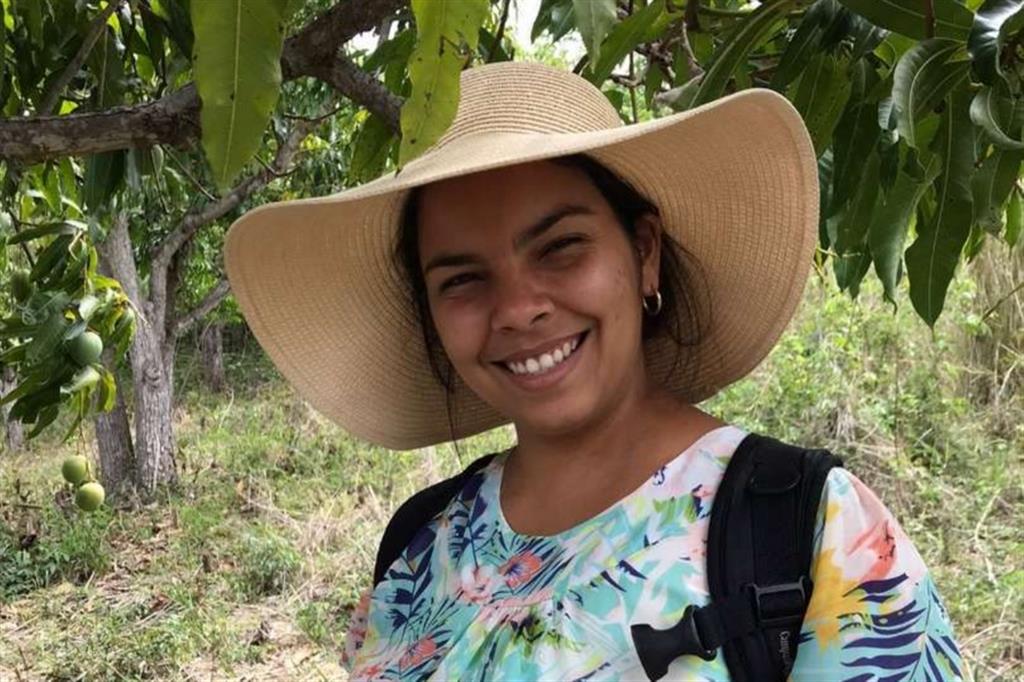
In August of the previous year, the government adopted a series of measures to expand the asphyxiated private sector by empowering citizens to set up small businesses in certain sectors – from restaurants to beauty salons – and to employ other workers. A ‘revolution in the revolution’. However, the would-be ‘cuentapropistas’ (micro-entrepreneurs) had no specific training on how to create and run an enterprise. InCuba- Empresas tried to fill this gap with courses in economics and business management. Also, by providing a space for juridical and legal consultancy. This was precisely the main concern of Victoria, who was then a brilliant law school student. After graduation, she began working in a firm.
«But my desire was to put my expertise at the service of a project that would help create a new economic paradigm, » she says. So, when, in 2018, the Archdiocese of Santiago asked her to set up an experimental hub to promote family entrepreneurship in the community of El Caney, she did not think twice. She accepted with impetus.
Thanks also to her work, a program grows day by day around the San Luis Obispo Church, in the town with 15,000 people. The program supports the most vulnerable families so they can start their own businesses from the few resources available. «Some make handicrafts from recycled materials, others repair and resell household appliances, and still others make natural juices. Ten percent of what they earn is donated to the parish, which uses it to fund a shelter for the elderly and disabled. » A shining example of a circular economy, which survived the recent decline of tourism caused by the pandemic and the devastating impact of sanctions imposed by the Trump administration that is still in effect. The collaboration with The Economy of Francesco, which began in 2019, was crucial.
«Four Cubans were selected, including myself. I participated in the ‘village’ on ‘finance and humanity’ coordinating the group of the “economic consequences from the perspective of the outcasts.” I learned and continue to learn a lot. Especially about the collaborative force among the “little people”. This allows overcoming one of the main obstacles for the Cuban economy, namely, the difficulty of finding raw materials. » The dollars for imports are getting scarce and the reduced domestic production cannot make up for it. «However, when the ‘cuentapropistas’ (micro-entrepreneurs) share their needs, meeting this challenge becomes much easier. » For Victoria, these are not empty words. The lawyer from Santiago has seen it happen countless times in El Caney. «I give you a very small example. There are few tools for working with cloth or metal. But if the families will swap them, it will benefit everyone in the end. » So contrary to certain ultra-liberal leitmotifs, collaboration is more effective than competition. A good wish for the El Caney Experimental Hub is that these best practices will ‘contaminate’ other families in the area and more and more aspiring micro-entrepreneurs will join the project.

